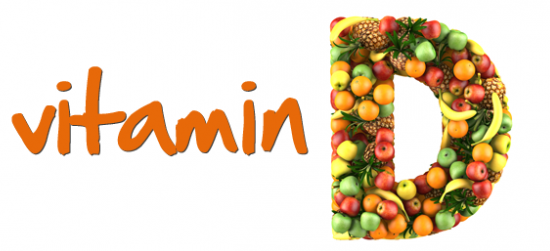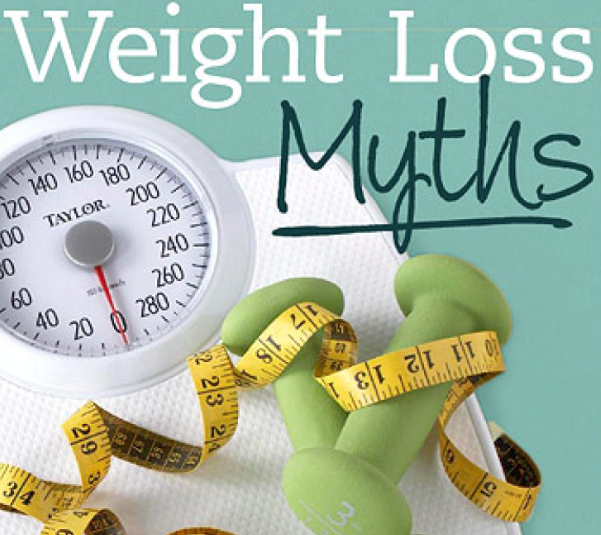Cold plunge therapy is making waves in the wellness world, with claims that it can do everything from speeding…


Cold plunge therapy is making waves in the wellness world, with claims that it can do everything from speeding…
 Most of us know that vitamin D is good for bones. In fact, that may be all some of us know about it. There are a lot of misconceptions floating around these days about this important nutrient. Vitamins are essential to our bodies because they help keep us healthy. The problem with vitamins is that we have to continue getting them from one source or another, simply because our bodies don’t make enough of them to sustain our good health. And vitamin D is one of the main nutrients required by our bodies. Many doctors can tell you that vitamin D is an important nutrient that helps build and maintain strong bones and skin. Here is further information about the facts and myths about vitamin D that will help you on your journey to a healthier life.
Most of us know that vitamin D is good for bones. In fact, that may be all some of us know about it. There are a lot of misconceptions floating around these days about this important nutrient. Vitamins are essential to our bodies because they help keep us healthy. The problem with vitamins is that we have to continue getting them from one source or another, simply because our bodies don’t make enough of them to sustain our good health. And vitamin D is one of the main nutrients required by our bodies. Many doctors can tell you that vitamin D is an important nutrient that helps build and maintain strong bones and skin. Here is further information about the facts and myths about vitamin D that will help you on your journey to a healthier life.
 More Americans are overweight today than ever before. In fact, the ‘American Diet,’ as it has been dubbed in recent years, is loaded with fattening foods and fattening habits that have led to our nation’s highest rate of obesity. Yet losing weight tops the list of not only New Year’s resolutions, but nearly every other wish list imaginable. But what does it take to lose weight? And why is such a difficult, even elusive, prospect for so many of us? Perhaps the answer lies in the facts and myths about the prospect of losing weight itself. For instance, did you know that not all calories are equal? It’s true. When you’re planning out how many calories you plan on consuming on your new weight loss program, it’s important to know that not all calories are created equal. There are a number of other important myths to discover about losing weight, and until you learn them, you’ll likely ride that roller coaster of weight loss for a long time. Following are top health tips about the myths of losing weight that will aid you in your journey to a more healthy weight.
More Americans are overweight today than ever before. In fact, the ‘American Diet,’ as it has been dubbed in recent years, is loaded with fattening foods and fattening habits that have led to our nation’s highest rate of obesity. Yet losing weight tops the list of not only New Year’s resolutions, but nearly every other wish list imaginable. But what does it take to lose weight? And why is such a difficult, even elusive, prospect for so many of us? Perhaps the answer lies in the facts and myths about the prospect of losing weight itself. For instance, did you know that not all calories are equal? It’s true. When you’re planning out how many calories you plan on consuming on your new weight loss program, it’s important to know that not all calories are created equal. There are a number of other important myths to discover about losing weight, and until you learn them, you’ll likely ride that roller coaster of weight loss for a long time. Following are top health tips about the myths of losing weight that will aid you in your journey to a more healthy weight.